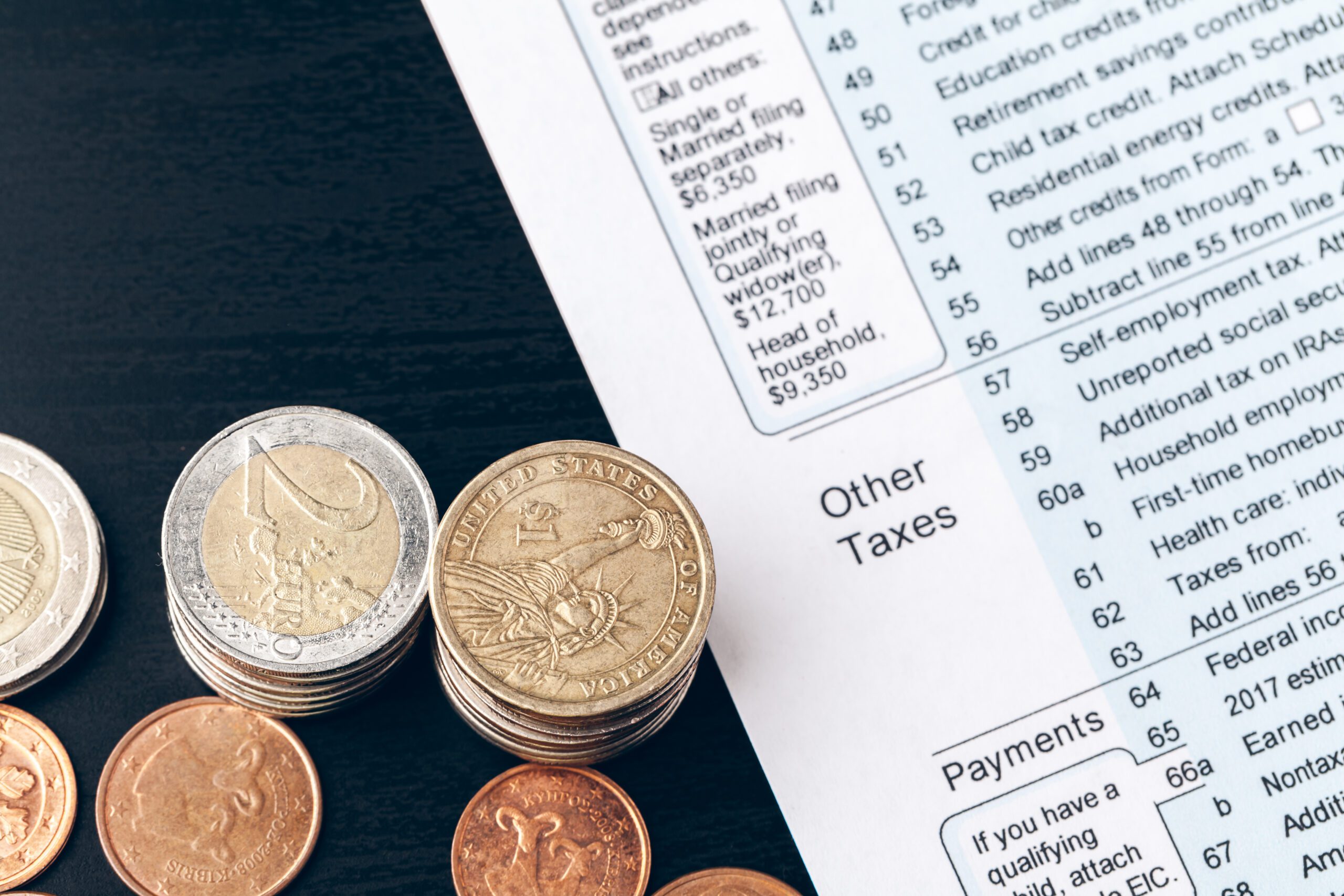In this essential guide, we define corporation tax relief and identify the types of business tax relief available to help reduce your liabilities.
What is corporation tax relief?
Corporation tax relief refers to the deductions or exemptions that are available to businesses to reduce their taxable profits.
This reduces the amount of corporation tax that companies are required to pay and incentivises activities like investments or research and development costs.
They can take a variety of forms including allowances, deductions, exemptions, and credits.
How can I reduce my corporation tax bill?
The tax landscape for businesses of all sizes can be complex and liable to change. Maximising your tax reliefs and reducing your corporation tax liability requires up-to-date knowledge and careful attention to your business spending.
The strategies you can use to reduce your corporation tax bill include:
Maximise allowable deductions
Take advantage of all available deductions, allowances, and reliefs provided by HM Revenue and Customs (HMRC). This includes claiming capital allowances on eligible capital expenditures, such as equipment, machinery, and business vehicles.
Take advantage of tax credits
Explore tax credit schemes, such as research and development tax credits, to offset qualifying expenditures and reduce your corporation tax bill. Ensure that you meet the eligibility criteria and always maintain proper documentation to support your claims.
Plan your investments
Consider the timing of capital investments and expenditures to maximise tax relief opportunities. If you have significant capital expenditure planned, you may strategically time the purchase to align with the availability of enhanced relief, such as the Annual Investment Allowance.
Seek professional advice
Consult with experienced business tax specialists who can take a comprehensive look at your finances and identify potential tax-saving opportunities while ensuring compliance with current regulations. They can provide tailored advice based on your business circumstances and overall objectives.
What is business tax?
Limited companies in the UK are required to pay corporation tax.
Business tax, or corporation tax, is a tax imposed on the profits of UK-resident companies and foreign companies with a permanent establishment in the UK.
It’s charged at 25 percent on the profits companies make.
Small businesses with profits of less than £50,000 pay a tax rate of 19 percent.
Companies with profits between £50,000 and £250,000 will pay tax at the main rate, reduced by a marginal relief.
This results in a gradual increase in the effective corporation tax rate, with companies recording profits of more than £250,000 paying the main rate of 25 percent.
How does business tax relief work?
Business tax relief allows companies to subtract certain expenses, investments, or losses from their taxable profits before they calculate their corporation tax liability.
Deductions can include expenses related to capital investments in equipment or machinery, contributions to employee pension schemes, research and development, and any losses incurred during previous accounting periods.
For instance, if a company invests in qualifying research and development activities, it may be eligible for research and development tax credits. These can significantly reduce the company’s corporation tax bill.
Similarly, businesses can claim capital allowances on eligible assets, such as vehicles or machinery.
They can spread the cost of these investments over time while reducing taxable profits.
Do small businesses get tax relief?
Small businesses can also benefit from a range of tax reliefs and allowances that reduce their corporation tax liability.
The UK government provides specific incentives and reliefs tailored to support small and medium-sized enterprises (SMEs) and startups.
One example is the Annual Investment Allowance (AIA). This allows businesses to deduct the full value of qualifying capital expenditures, up to a certain limit, from their taxable profits.
SME R&D tax credit scheme offers generous tax relief to companies engaged in research and development activities, irrespective of their size or profitability.
SMEs can claim a tax credit of up to 230 percent on qualifying R&D expenditures.
Corporation tax advice and planning with Digital Accounting & Finance
At DAAFL, our expert team can provide comprehensive tax advice and planning services to help you maximise your income.
Our specialist small business tax services can reduce your tax burden through sensible business tax planning while freeing up your time to concentrate on core business activities.
Our highly experienced specialists enable you to take advantage of any allowances, develop tax efficiency, and take the hassle out of tax planning.
Contact us for further advice on maximising your tax allowances and ensuring tax efficiency.
More on Business Tax Advice from DAAFL
Business property relief
Unincorporated business tax
Tax loopholes for small businesses
Mileage allowance relief
